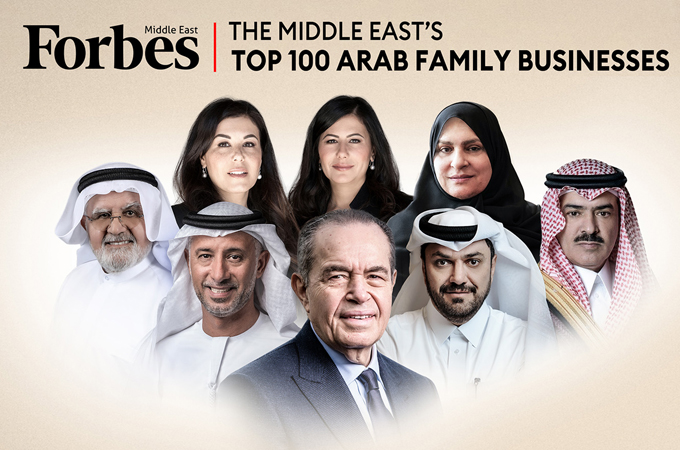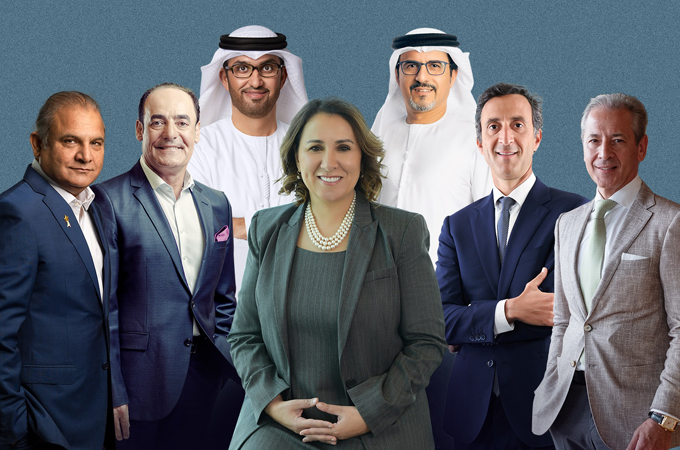Sun, Jun 4, 2023
Family offices are planning the biggest shift in strategic asset allocation for several years in light of potential inflection points across interest rates, inflation and economic growth, according to a report.
Following the end of close-to-zero interest rates, balanced portfolios with active management are returning to favour, said the UBS Global Family Office Report 2023, which surveys 230 single family offices around the world, with an average total net worth of $2.2 billion.
The biggest turnaround family offices are planning to make is in developed market fixed income, where after three years of cutting back on bonds, almost four in ten (38%) are planning an increase over the next five years.
Fixed income is now the most popular source of diversification, as more than a third (37%) of family offices move to high-quality, short-duration bonds for potential wealth protection, yield, and capital appreciation. At this time, increased fixed income exposure reflects general reallocation from a broad mix of asset classes. Over the next five years, those surveyed still foresee greater allocation to risk assets, with 34% planning increases in emerging market equities following a peak in the US dollar and the reopening of the Chinese economy, it said.
As shown in last year’s report, there continues to be a strong trend among family offices for including alternatives to help diversify a portfolio, but they are refocusing their allocations. Hedge fund allocations have risen to 7% from 4% and in contrast, direct private equity allocations decreased to 9% from 13%. Family offices also plan to reduce real estate allocations in the coming year. Collectively, this is due to an increased allocation to private equity funds, private debt, and infrastructure.
“This year’s report comes at a defining moment in time. It’s the end of an era for low or negative nominal interest rates and the ample liquidity that followed the global financial crisis. Against that backdrop, our research shows that family offices are making major changes to ensure they’re positioned for growth and success” said George Athanasopoulos, Head Global Family and Institutional Wealth, Co-Head Global Markets at UBS.
“While current market and geopolitical trends have prompted a shift to liquid, short-dated fixed income, 66% of family offices still believe that illiquidity boosts returns in the long-term and they're looking to further increase allocations to alternatives like hedge funds, private equity funds and private debt to further diversify their private markets allocations.”
Range of alternatives
Active management is back in favour with 35% of family offices relying more on investment manager selection and active management to enhance diversification. Family offices have confidence in hedge funds’ ability to generate investment returns, as monetary policy reduces excess financial liquidity and macroeconomic uncertainty persists. Almost three quarters (73%) believe that hedge funds will meet or exceed their performance targets over the next 12 months.
Overall, 41% plan to raise private equity direct investments over the next five years. While these will be reduced in 2023, this is partially offset by increased allocation to private equity funds, as well as planned increases in private debt and infrastructure. Family offices with private equity investments prefer to invest using funds (56%) as typically, they deliver diversification and can allow family offices to enter markets where they do not have in-house expertise.
Looking to the next 12 months, they appear to be hoping for value opportunities, with 45% of family offices with private equity investments planning to over-allocate their portfolios towards the secondary private equity market, anticipating that some institutional investors will be forced to rebalance portfolios following declines in public markets, and as exits remain difficult to achieve through IPOs.
Family offices are cautiously planning to cut real estate allocations in 2023, but over five years, a third (33%) of them foresee moving to higher allocations. This fits a picture of interest rates remaining high in 2023, with some softness in real estate prices, before easier money and lower valuations start to support the asset class once again.
Geopolitics main concern
Overall, family offices were cautious about current markets in the face of an uncertain growth outlook in developed economies, as well as tighter lending conditions and heightened geopolitical tension. Geopolitics overtook inflation as the top concern among family offices globally, followed by a recession and inflation.
Family offices are also increasing their allocations in regions that have been less favored in the past. While they still have almost half of their assets in North America, over a quarter are planning to increase allocations in Western Europe over the coming five years, and almost a third planning to raise and broaden their allocations in the wider Asia-Pacific region, the report said.


















